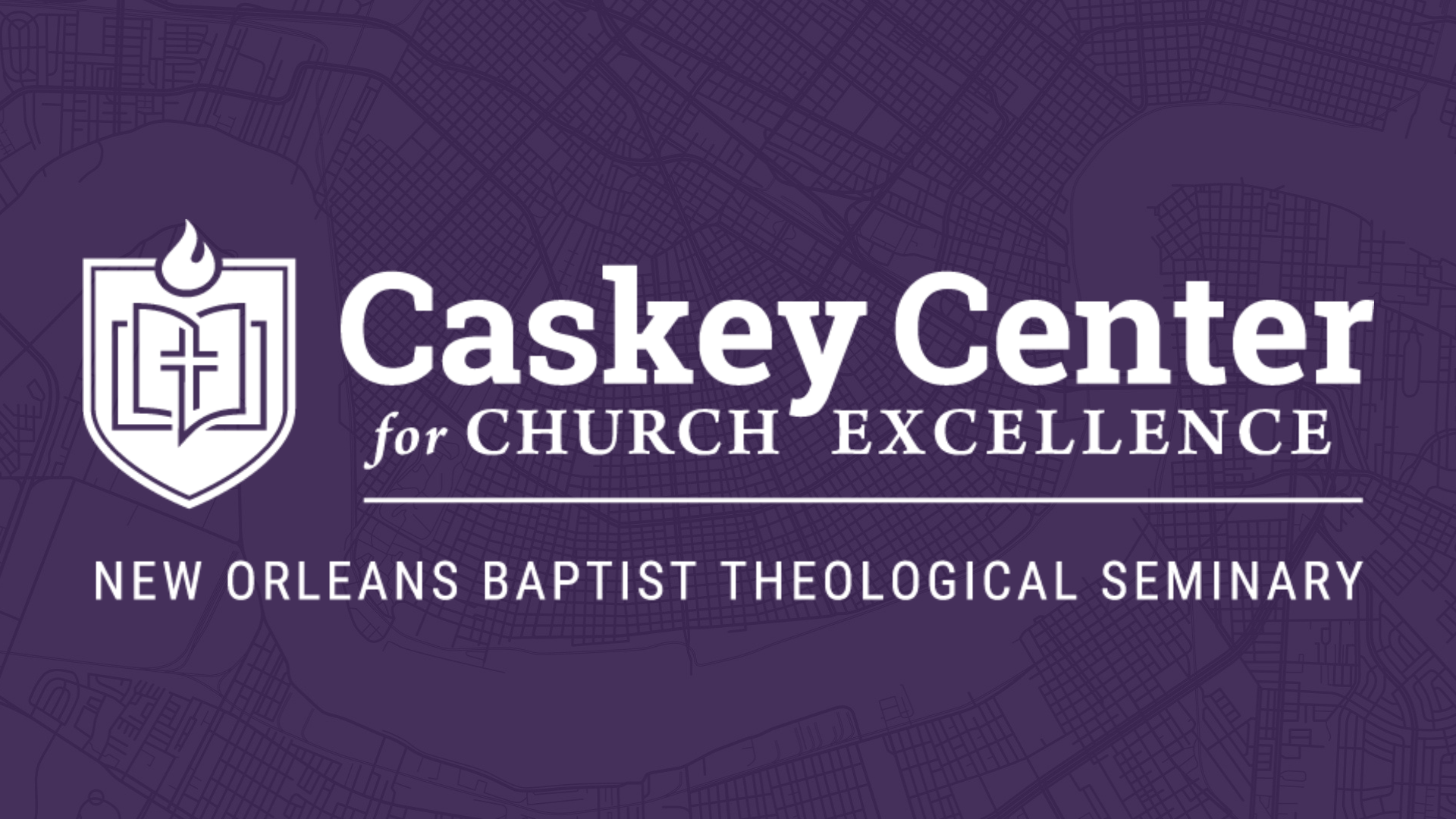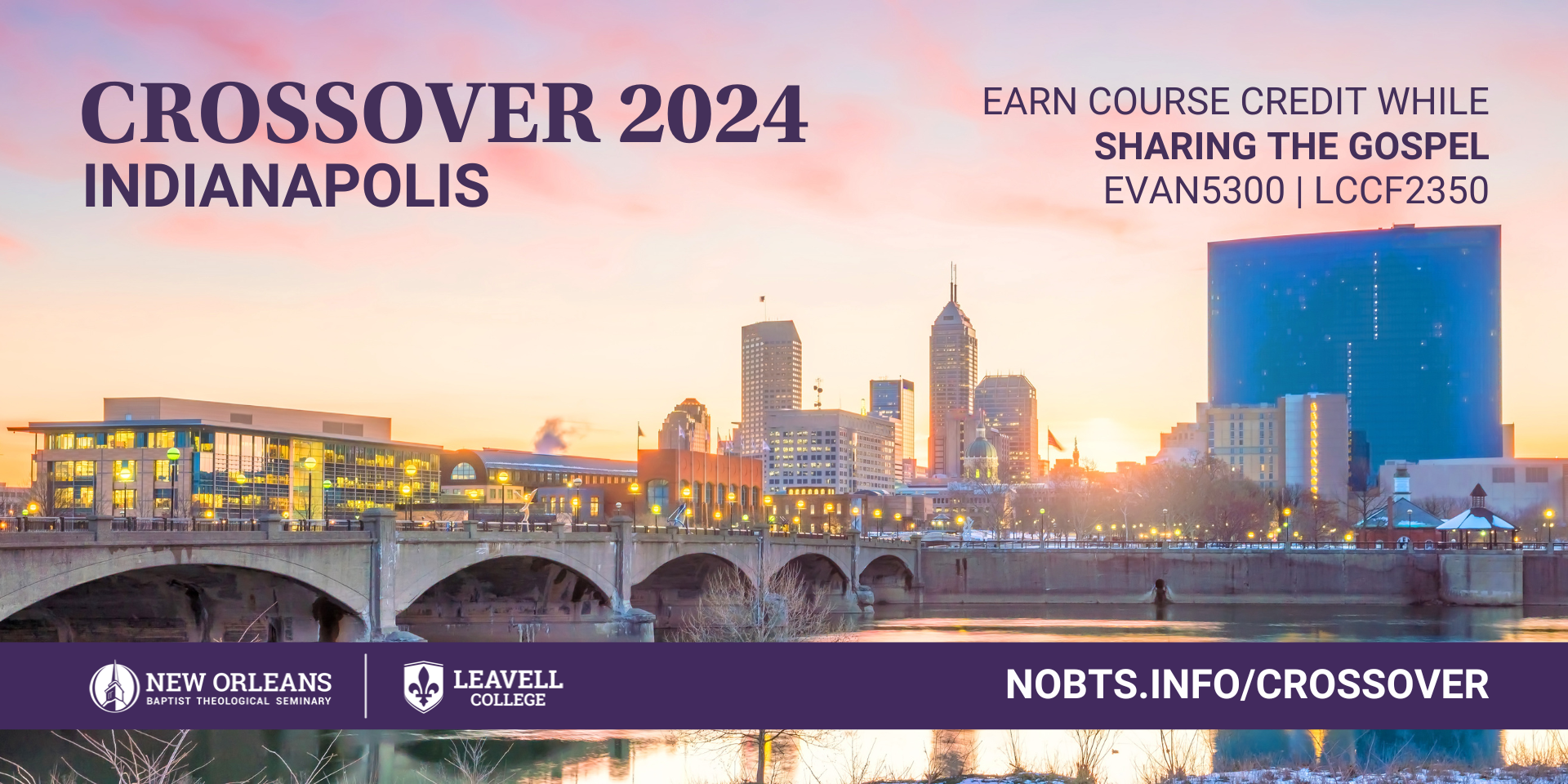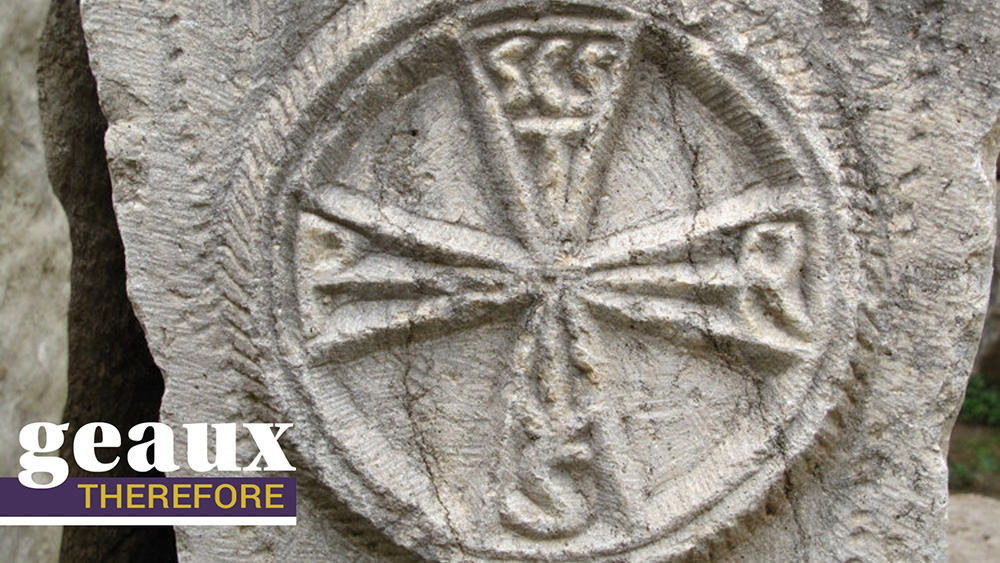







The PhD in Counselor Education and Supervision is designed to offer advanced preparation in counselor education and supervision from a distinctly Christian perspective. Residency in New Orleans is not required for the PhD programs. Seminars and Reading Colloquia meet on a modified schedule three times per semester, and students have the option of attending most meetings by video conferencing. Typical meetings are Friday-Saturday.
Seminars and Reading Colloquia meet on a modified presence schedule three times per semester. Residence in New Orleans is not required. Typical meetings are Friday-Saturday, allowing many students who do not live in the New Orleans area the option of traveling to the campus for their course meetings. Students may attend most course meetings by live, synchronous video conferencing hosted from state-of-the-art video conference rooms on the NOBTS campus. Many students choose a mix of in-person and video conferenced attendance.
An applicant must hold a bachelor’s degree from a college or university accredited by an agency related to the Council for Higher Education Accreditation (CHEA). Applicants must hold an appropriate master's degree such as the MDiv degree with a Specialization in Marriage and Family Counseling, an MA degree in mental health, or the equivalent from a theological institution (preferably ATS accredited, but minimally by an agency related to the CHEA). Applicants must have completed masters-level biblical studies, theology, and counseling courses comparable to those included in the MA in Counseling with a specialization in Marriage and Family Counseling or MA in Counseling with a specialization in Clinical Mental Health.
Applicants must complete a minimum of 3 semester hours of graduate-level research statistics and methods. Upon request, the division faculty will evaluate graduate courses to determine which, if any, apply toward the research statistics and methods requirement. Requests must be submitted in writing with the application. Courses considered would be those similar in nature to NOBTS graduate course COUN6374 Scientific Research & Program Evaluation.
The Doctor of Philosophy degree at New Orleans Baptist Theological Seminary is a research degree designed to prepare qualified students for teaching in colleges, universities, and seminaries; for holding administrative positions; for working in the boards, agencies, and commissions of the Southern Baptist Convention; and for providing specialized ministry leadership.
Graduates of the Doctor of Philosophy degree program will be able to do the following:
Demonstrate mastery of a body of knowledge related to a chosen field of study
Design, implement, and report research
Impart knowledge of the chosen field through teaching and other communication skills
Express commitment to the vocation of theological scholarship
For more detailed information on NOBTS Research Doctoral Programs, click here.
The Doctor of Philosophy in Counselor Education and Supervision program provides students with an integration of academic course work and applied learning experiences. Students are expected to master course work considered essential to a doctoral level of professional preparation as counselor leaders who seek to offer services consistent with a biblical worldview. Students are encouraged to evaluate their own specific needs and to take advantage of available resources for personal and professional development.
For more information see the NOBTS Master's Counseling Program Handbook and the Master's Practicum and Internship Handbook.
PhD Counselor in Education and Supervision Handbook
PhD Counselor in Education and Supervision Practicum and Internship Handbook